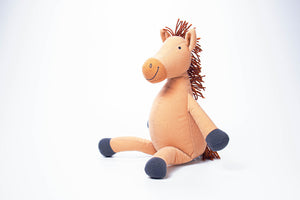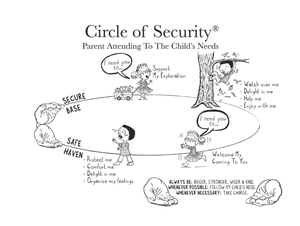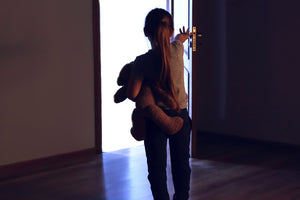Sleep Tip 9 - How can I help my toddler feel good about sleep?

As an infant develops into a toddler, they become increasingly aware of the world around them. This includes the realisation that they are an individual, with a body and mind of their own.
As their independence and autonomy flourish, the toddler brain is very much in a state of flux. And while this can be an exciting time for a toddler, it can also be challenging and frustrating for both toddler and carer, as they begin to exert their independence and insist on doing things on their own.
As the adult, it’s important to remain calm and compassionate. What a toddler really seeks and needs, is comfort and predictability as they learn to manage their new physical, intellectual and social-emotional skills.
Toddlers also love to show you what comes next and therefore thrive on predictability and anticipation. So as carers, if we can respond in a predictable manner to a toddler’s cues, they will learn to anticipate our response. And it’s the act of anticipation that will help the toddler feel grounded and therefore be better equipped to settle to sleep.
‘Patterning’ is a set pattern or similar experience that a child is exposed to over and over at sleep time and might include;
- A cuddle with a special blanket or teddy
- Getting into their pyjamas or an age appropriate sleeping bag
- Reading a bedtime story
- Listening to some quiet music
By creating a predictable sleep time routine, we can help foster this sense of safety and security
Some other useful tips for sleep time for toddlers include:-
- Daytime role playing - encourage your toddler to settle their favourite toy to bed during the daytime to help them normalise sleep.
- Talk about bedtime expectations before bed so that there is no need for lengthy discussions and negotiations when everyone is getting tired.
- At least 30 minutes of quiet time before bedtime is critical to help energetic toddlers calm down. Avoid bright lights and screens - so no computers, iPad or TV before bedtime.
- Look out for early tired signs, over tired toddlers have enormous difficulty drifting to sleep, so get them to bed when you see their early tired signs.
- Preparation for bedtime is key. Let your toddler know when it is “5 minutes before bedtime”, “2 minutes before bedtime”. Ask your toddler “what is the last thing they would like to do” or “who they are taking to bed”. Toddlers can delay going to bed with negotiation...”just one more.....” so guide them to the selection of a toy to cuddle, a book to read or a song to sing before bed. Gentle guidance is key.
- Reassure your toddler that you will stay a while as they settle. When they are calm, find a reason to leave the room and RETURN. Your toddler will begin to trust brief separations if you are true to your word. This trust will help them develop the skill of drifting off to sleep while they wait for you.
Need more help? Check out our Sleep Consultations [here] or our App Rockabub [here] or stay informed on our Facebook page
This article was written by Cindy Davenport, Clinical Director, MCHN, RN, Safe Sleep Space








